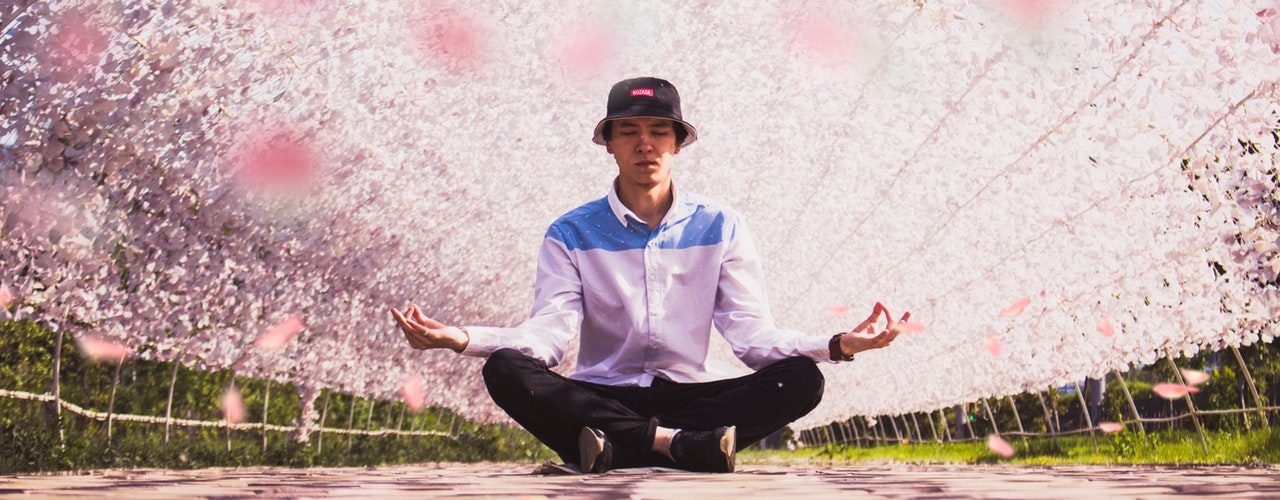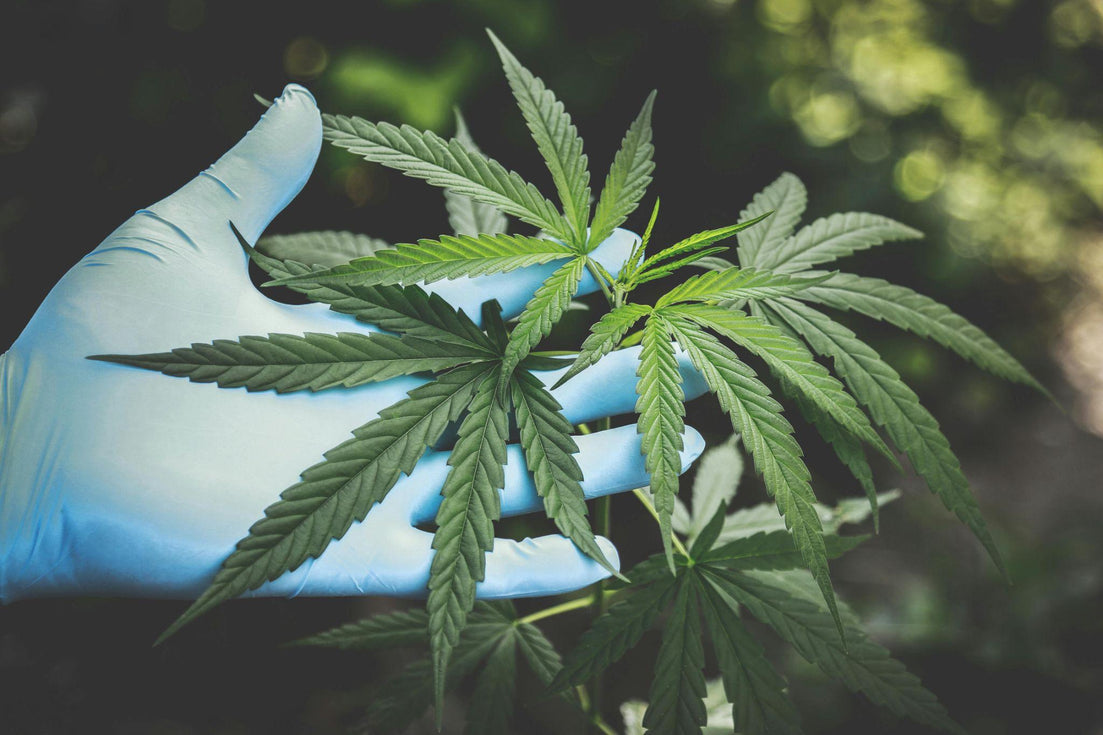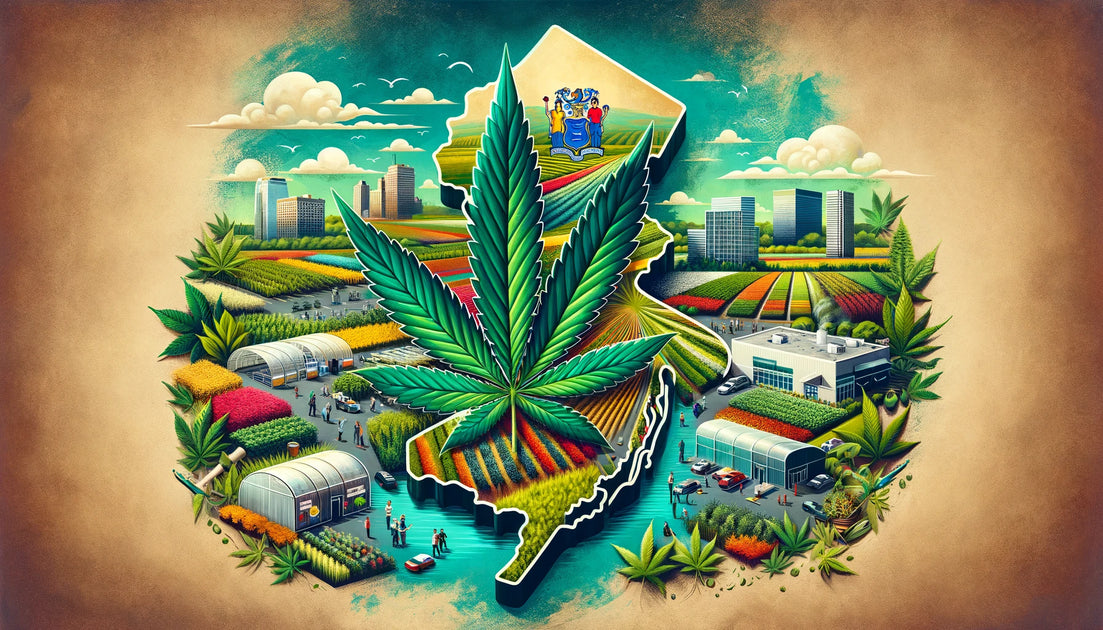Your cart is currently empty.

For those suffering from post-traumatic stress disorder (PTSD), medical marijuana has become a godsend. In this article, we'll dive into just how cannabis is being used as an effective treatment of PTSD, why it works, and why PTSD patients are swearing by it.
Cannabis is Safer
Those with PTSD experience a wide array of debilitating symptoms. They live on the cusp of a chronic fight-or-flight state that makes even the simplest of tasks overwhelming and seemingly impossible.

MANY OF THOSE SUFFERING FROM PTSD SWEAR BY THE EFFICACY OF MARIJUANA. PHOTO BY @SSG1620INFANTRY
According to the US National Center for PTSD, seven to eight out of every 100 people develop symptoms of PTSD. With that many people suffering from this condition, finding safe and effective treatments is a necessity.
There's a wealth of research available suggesting that cannabis is an effective treatment for PTSD. In Canada, where PTSD effects as much as 9.4% of the population, there's a group, Marijuana for Trauma, advocating for the use of medical marijuana in treatment for the disorder.
How CBD and THC Treat PTSD
Unlike a lot of the PTSD medications currently available, marijuana isn't a powerful sedative, harsh antidepressant, or anti-anxiety medication. There are two cannabinoids known for their efficacy in treating PTSD in quite a unique way: CBD and THC.
CBD has been found to reduce learned fear, which is a big part of PTSD. Studies have found that taking the calming CBD before a therapy session can help the patient respond better to the treatment.

PHOTO BY @DRMONACOHEALTH
While there is tons of research to support CBD for PTSD, evidence indicates that THC has some helpful benefits as well. Anandamide, the body's natural THC, was found to be 50% less in those with PTSD.
Because THC is so similar to anandamide and reacts with the same receptors, it can help fill in the gaps left by the deficiency.
Recommended Treatments
Many experts recommend a routine of CBD during the day and THC at night for many PTSD patients. CBD, due to its non-psychoactivity and proven efficacy, is one of the perfect daytime treatments for the condition, especially for those that have to work. The idea behind treating PTSD is improving functionality, and THC can sometimes inhibit functionality, albeit in a different way than the condition.

PHOTO COURTESY OF @BEST.WEED.PAGE
THC is also recommended at night because it's found to be a more powerful sedative. Many find that, after consuming THC before bed whether by smoking, dabbing, taking oil, or eating edibles, they experience fewer nightmares and fewer night terrors. When PTSD patients suffer from poor sleep, they are at higher risk of worsened symptoms.
Cannabis is a Piece of a Larger Puzzle
While different cannabinoids can help reduce learned fear and temporarily correct an imbalance in the ECS (endocannabinoid system), cannabis is most effective when coupled with lifestyle changes, mostly involving diet and exercise.
Anandamide, the endocannabinoid we mentioned earlier, is produced through exercise. This makes it all the more important for those with PTSD to have a regular routine involving healthy amounts of exercise.
PHYSICAL ACTIVITY IS AN IMPORTANT PART OF EFFECTIVE PTSD TREATMENT. PHOTO BY @THE_YOGA_FAMILY
A diet rich in healthy fats is also necessary for the body to be able to produce anandamide. So, in addition to adding in more regular exercising routines, PTSD patients should also make some dietary changes to ensure the best results for suppressing their symptoms and treating their condition.




